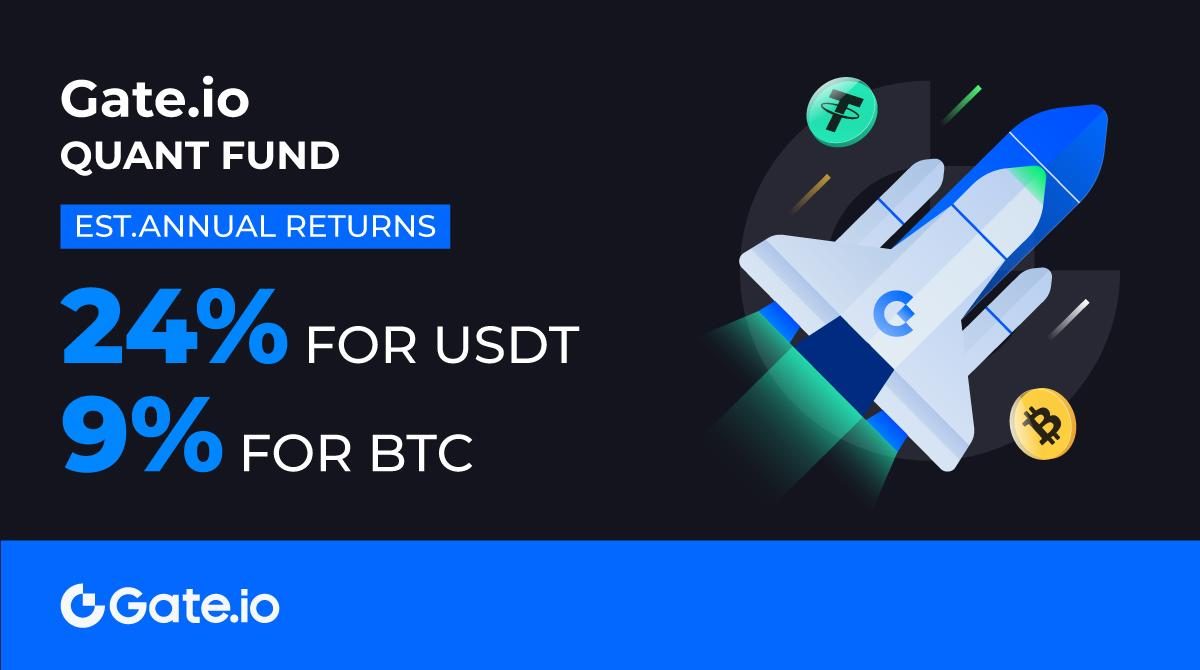Elon Musk, War And The Need For Decentralized Social Media
The digital communications world isn’t a constant one. As social media has grown ingrained in our daily lives, the way we communicate online has gradually evolved into the mold of ‘Big Tech.’ Is life under these tech giants, on the other hand, a threat to thriving digital independence?

The recent war in Ukraine has demonstrated that social media is a powerful but hazardous tool. This is considered the “first social media war” by many. Previously, conflicts such as the US-Vietnam War were dubbed “television wars.”
On the one side, social media has been utilized to support assistance operations and increase public awareness of events. However, due to things like deep fakes and rapid misinformation spreading, it has also created a distorted version of reality.
The centralized nature of many of the major social media platforms has simplified things to restrict ideas and people. Naturally, actions like this undermine the freedom of speech and expression that many of these platforms promote in the first place.
Aside from the conflict, Elon Musk’s recent purchase of Twitter has sparked some concerns.
Musk claims that one of his primary motivations was to promote free expression on the platform. Critics, on the other side, are concerned about the platform’s privatization by the world’s richest individual. In reality, these platforms are centralized monopolies of our digital realities, whether they are run by a single guy or a cabal of “Big Tech.”
What is the definition of decentralized social media?

If decentralization can solve the difficulties of centralized finance and data storage, it can certainly solve the problems of centralized social media.
It’s crucial to first comprehend what decentralized social media is and how it varies from traditional social media platforms.
Decentralized social networks, at their most basic level, are run on a blockchain by independently controlled and verified servers. This is in contrast to traditional social networks, which are hosted on centralized servers controlled by a single company. As a result, decentralized social network users and founders have greater control and autonomy.
“Open source algorithms, monetization without middlemen, resistance to censorship, less bots and spam, and user-owned social graphs,” according to Siman, are some of the other main differences and benefits of decentralized social media.
The decentralization of online spaces with radical ideologies and points of view could be a source of concern. It’s crucial to emphasize, however, that a decentralized social media network does not imply utter anarchy or radicals.

Musk stated online dialogue should be “as free as reasonably possible” in a TED Talk just days before his Twitter acquisition. The correct mix of moderation is one approach to achieve this.
Censorship and moderation are not synonymous. One prevents people from using their right to free expression, while the other promotes productive debate and dialogue reframing.
Siman says:
“Decentralized platforms are censorship resistant, but there can still be moderation. For example, Subsocial is the social network of Web3, but users will still need to use web apps to interact with it. These web apps can include moderation to keep them clean. If problematic actors want their content to be visible, they may need to host their own web app. From a network standpoint, you can be totally decentralized and censorship resistant, while still being clean and orderly from a user experience standpoint.”
Truly free online socializing
The decentralized world’s social media area is still in its infancy. Partly due to the newness of the space in general, and partly due to Big Tech’s dominance. However, as the globe evolves, so do society’s requirements, both online and offline.
When billionaires take control of our online spaces in public and disputes limit liberties, the necessity for more censorship-resistant, bias-resistant digital spaces grows. Only time will tell how and when autonomous social networks will wreak havoc on the digital landscape.
DISCLAIMER: The Information on this website is provided as general market commentary and does not constitute investment advice. We encourage you to do your own research before investing.
Join CoinCu Telegram to keep track of news: https://t.me/coincunews
Follow CoinCu Youtube Channel | Follow CoinCu Facebook page
Patrick
CoinCu News



















